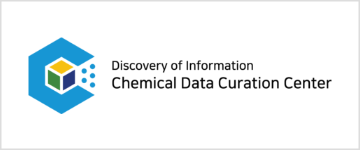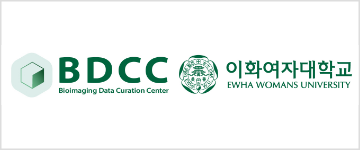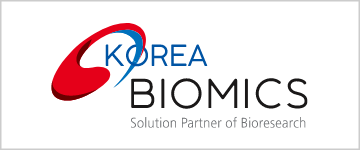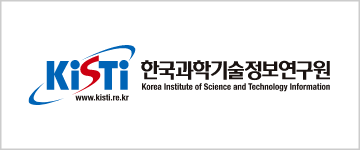2025 Fall
International Convention of PSK
2025 CONVENTION
Abstracts
Investigation of PC/LPC Biosynthetic Pathways in Hepatocellular Carcinoma Cells Using L-Methionine-(methyl-13C,D3) and Choline Chloride-(trimethyl-d9) Tracing
- Si-Heun Jeong1, Jang-su Jeon1, Sang-Kyum Kim*1
- 1College of Pharmacy, Chungnam National University, Republic of Korea
Phosphatidylcholine (PC) and lysophosphatidylcholine (LPC) are essential membrane components. PC is synthesized via the Kennedy pathway through CDP-choline or the phosphatidylethanolamine N-methyltransferase (PEMT) pathway. While the Kennedy pathway predominates in most cells, PEMT activity in the liver varies with cellular or pathological context. Here, we evaluated these pathways in five hepatocellular carcinoma (HCC) cell lines (HepG2, Huh7, SK-Hep1, SNU449, SNU387) using double isotope tracing with Choline chloride-(trimethyl-d9) and L-methionine-(methyl-13C,D3). LC-MS/MS analysis revealed that the M+9 isotopologue from the Kennedy pathway was dominant (≥6%), whereas M+3, M+6, and the PEMT-derived M+4 isotopologues were undetectable or extremely low (≤0.02%). These findings indicate that PC and LPC synthesis in HCC cells depends almost exclusively on the Kennedy pathway. Double isotope tracing thus provides a robust approach for dissecting phospholipid biosynthesis and highlights lipid metabolic reprogramming as a potential hallmark of HCC.
Q&A
- There are no registered questions









































